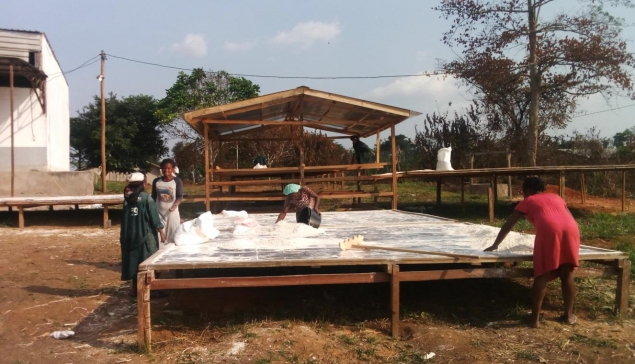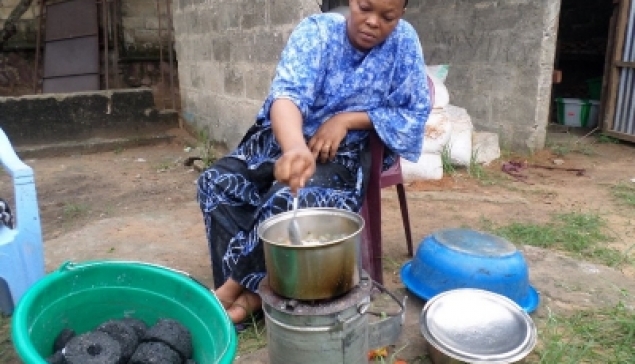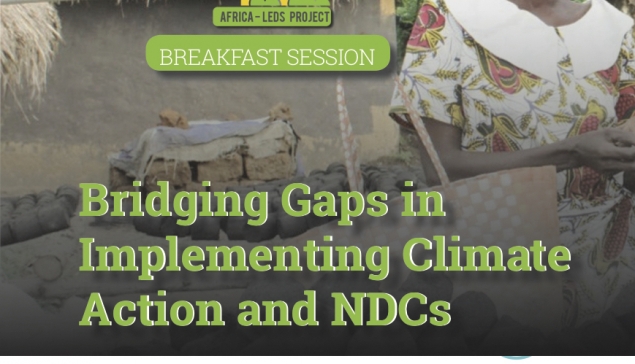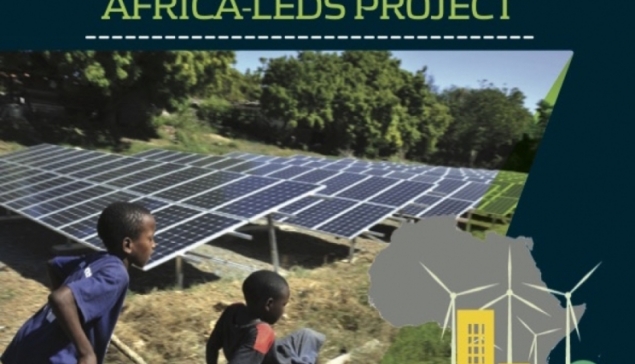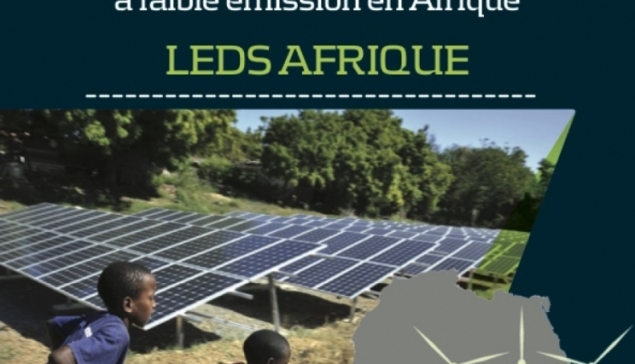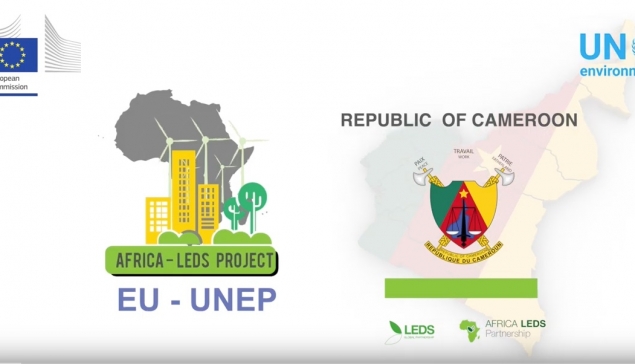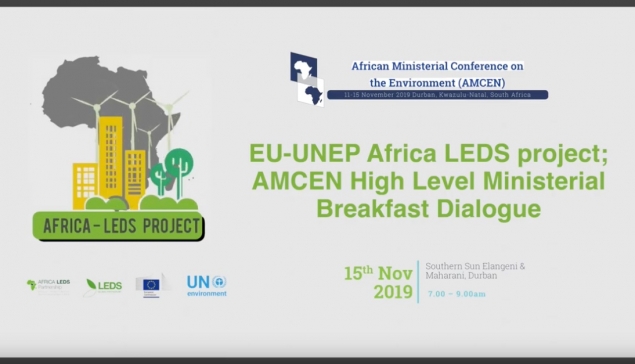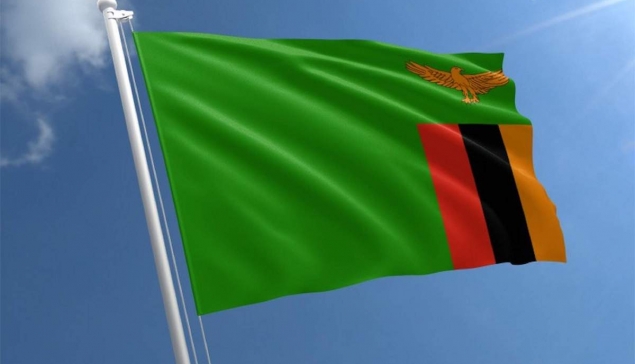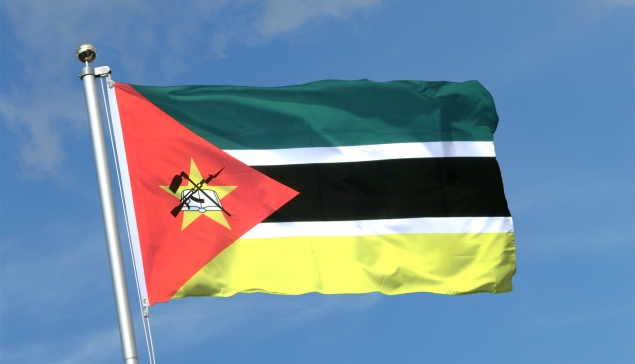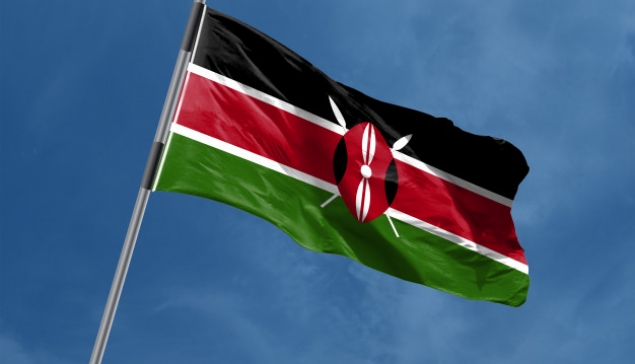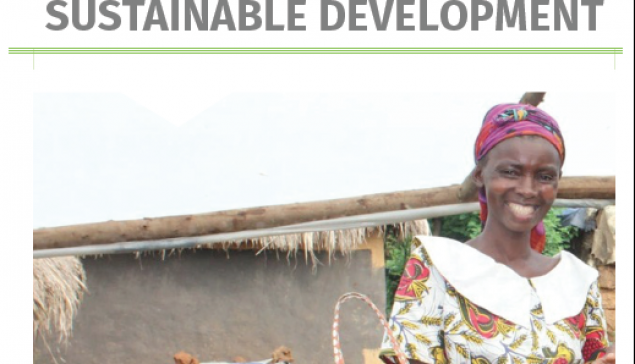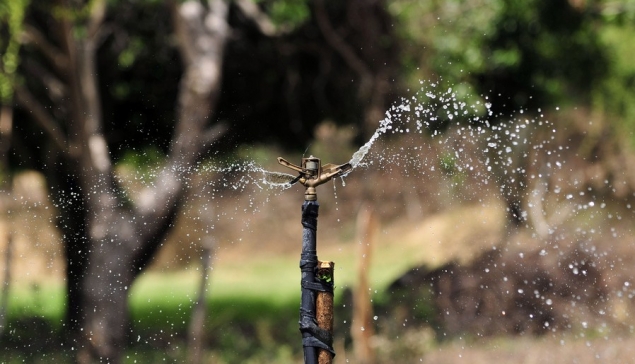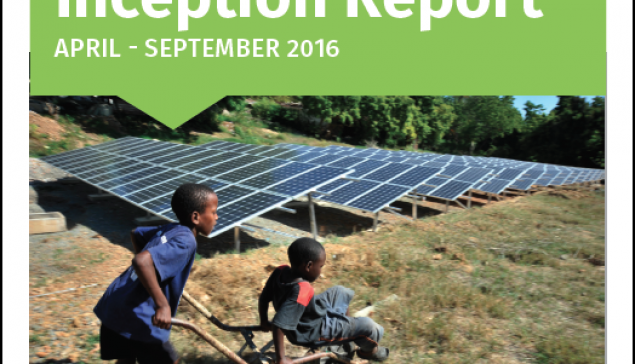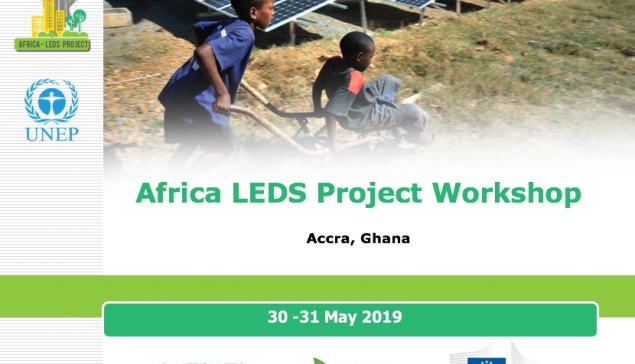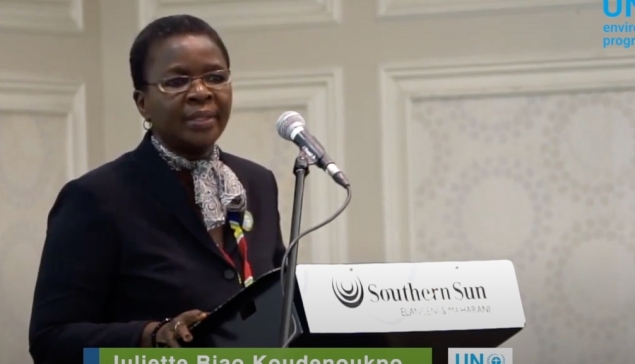Context: Significant progress has been registered during the period in all the three project components towards catalysing a country led, demand driven transition to the low emissions development pathway. All components converge to create the structure for the Nationally Determined Contributions (NDCs) implementation that unlocks leading socioeconomic benefits for the country- that goes beyond traditional regulatory approaches. This demonstrates climate action as a solution to catalyse a demand driven transition to the low emissions pathway.
Component 1 implemented in Cameroon, Côte d’Ivoire and the Democratic Republic of the Congo (DRC), involved a ground demonstration of how investment in sectors prioritised equally in country NDCs & economic development visions can unlock leading socioeconomic priorities simultaneously with climate aims of the Paris Agreement. This demonstration provides lessons which are compiled into case studies to inform country strategic policy planning for low emissions development. A leading aspect demonstrated- is the need to prioritise complementarity across sectors to maximise both climate & socioeconomic benefits as opposed to considering actions within sectoral silos.
Component 2 is implemented in all 8 countries - Cameroon, Côte d’Ivoire, DRC, Ghana, Kenya, Morocco, Mozambique and Zambia. It is establishing an analytical framework to inform optimal NDCs implementation investment trajectories by building on modelling technologies already available in the country to ensure confluence and maximise past country investments. A major value-added aspect has been the combination of the various models available in countries for complementarity, so they operate as an integrated model that can forecast both climate and socioeconomic impacts of various NDCs implementation scenarios. By this, inform on trajectories that can maximise both the climate & socioeconomic benefit resulting in optimised NDCs investment policy decisions. This is an improvement from business as usual modelling which focuses on forecasting climate impacts alone.
Component 3 is on peer learning & exchanges of innovative approaches arising from the project. This is occurring both among project countries & across the continent. As a key highlight among project countries, Mozambique, which concluded their modelling actions, became a peer advisor to teams from Kenya & Ghana on how to adapt the ABACUS model to run agro-forestry project level scenarios and linking models for complementarity across sectors for maximised aggregate impacts.



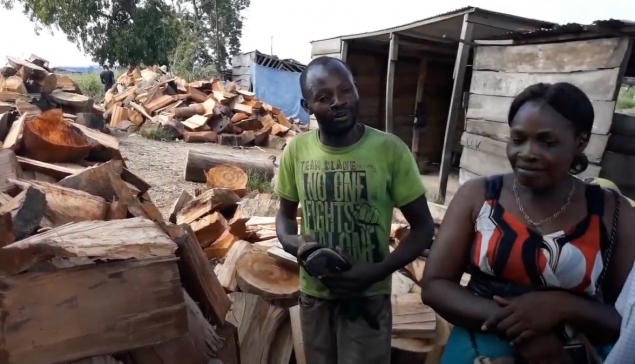
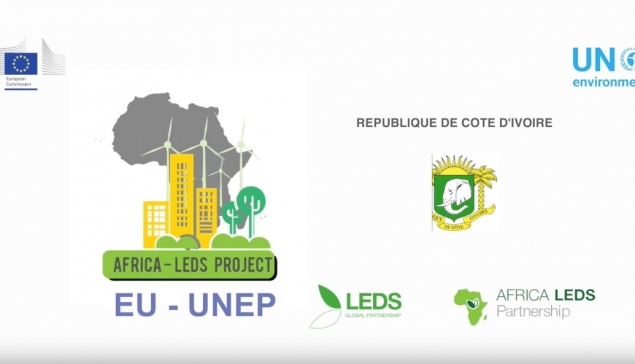


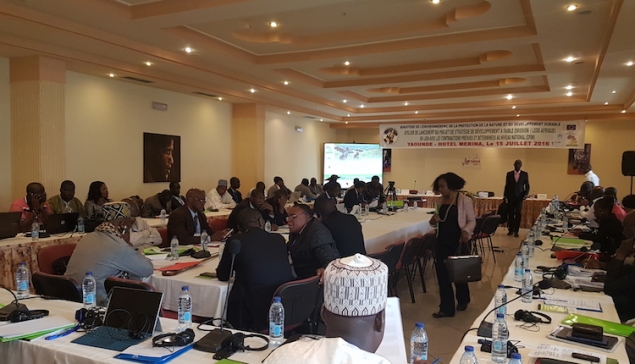
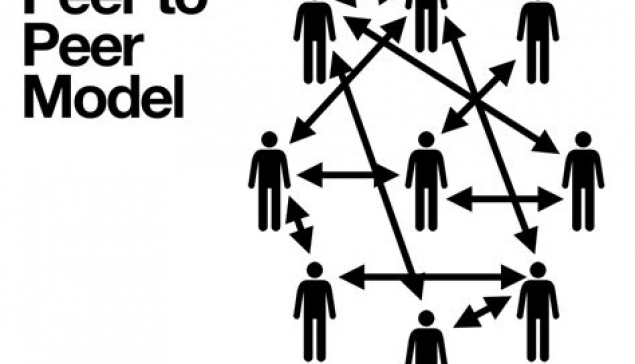

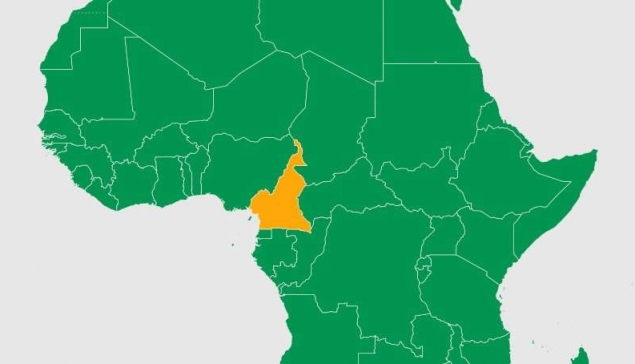
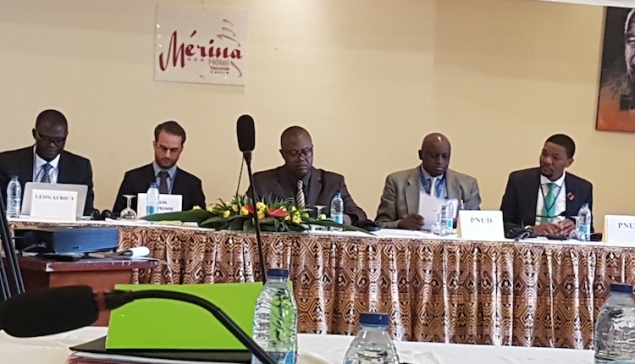
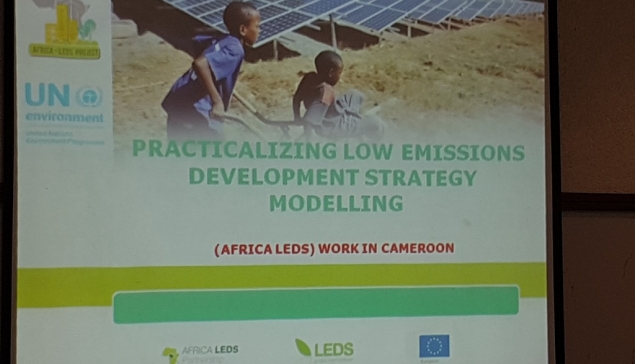
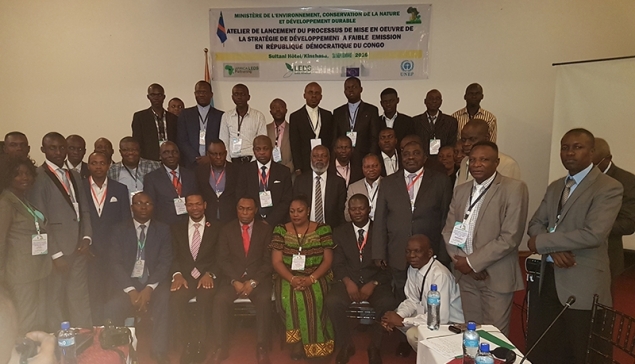
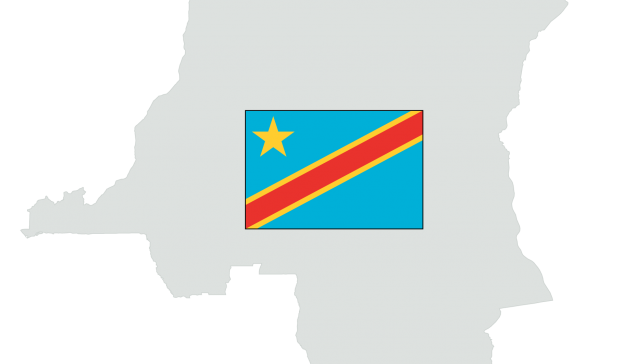
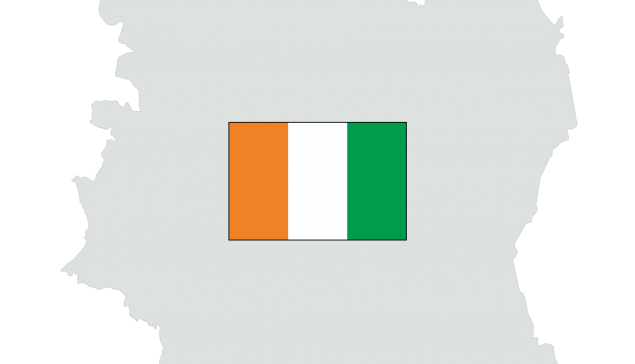
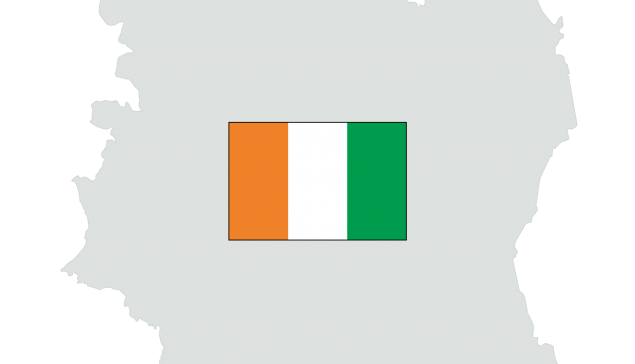
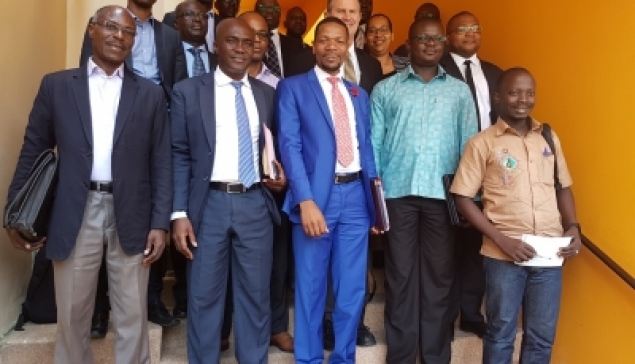
_large.jpg)
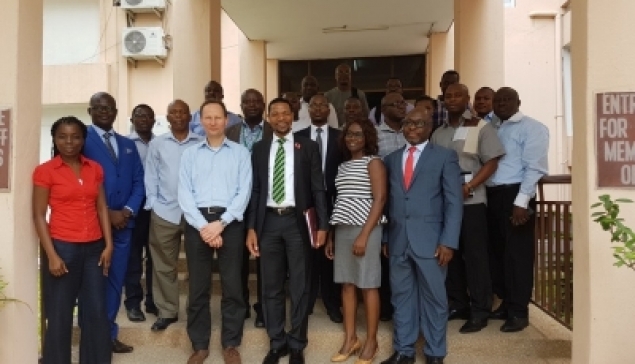
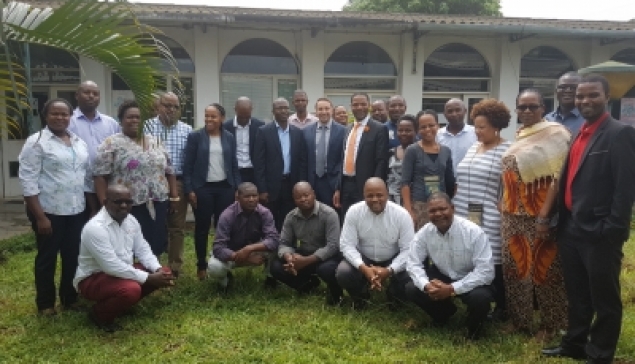
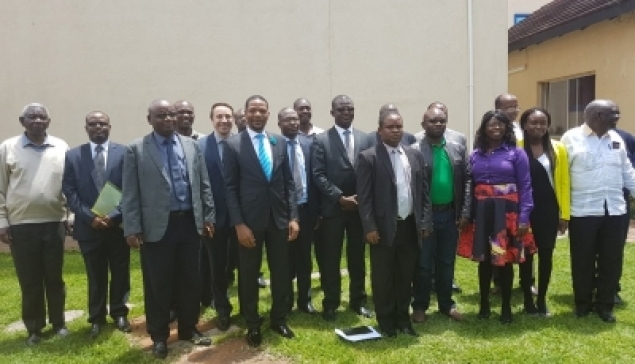
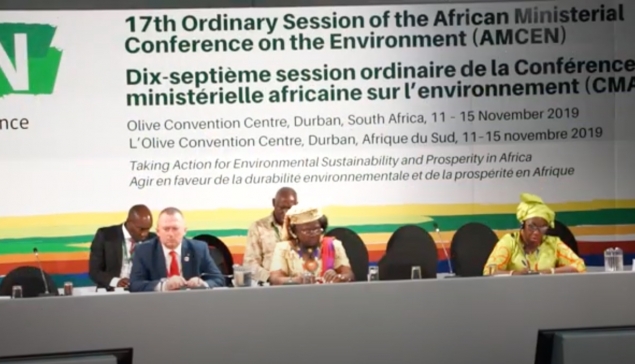

_large.jpg)
